Belgian beer is one of the most beloved and drinkable in the world. The homeland of artisan beers boasts a secular tradition and a wide choice of styles, thanks to which Belgium has become officially the “BEERLAND”.
Here, in fact, everything revolves around beer, and skills and techniques have always been developed here under different climatic conditions or cereal cultivation. Attention to the preparation of a good product includes every aspect, from the choice of water, cereals to yeasts.
Today in this post Foodosaur will accompany you on this trip inside Belgian craft beer.
Belgian beer has been honored with the certificate that makes it "Heritage of Humanity".
So whenever you happen to drink a good trappist beer you are tasting sourdough of culture, not just a drink but a product made of art, the result of a tradition that lasts for centuries.
Beer in Belgium is so serious that every city or village has its own brewery, its associations and committees promoting this local product, and organizes events and parties that help to tell this huge variety.
True, Belgium is not the only beer producer in the world, but the wealth and diversity that you will find here will hardly be able to find it elsewhere. Hence the decision by UNESCO to include it in the list of human capital.
Belgian beers mainly belong to three large groups: Ale, high fermented beers working at a temperature between 15 and 24 degrees; the Lambic, which are spontaneous fermented beers to which no yeast is added, and finally the low-fermented Lager with yeasts that work well at low temperatures.
Here a list of all you could find in this small interesting Country
ALE
Le Ale are the most famous style of beers produced in Belgium. Unlike the English ones, the Belgian Ale are more fruity and have the most recognizable spice hues, even from less experienced palates. It is a light or amber beer, with an alcoholic content of about 5-6% alc. Vol.
BLANCHE
It is impossible not to mention white (Blanche) when talking about Belgian beers. Despite what many believe, white beer has ancient origins, almost four hundred years old and, after a time when it disappeared from the market, returned to the post-war period. They are wheat beers, in fact not only barley malt but also soft wheat is used. They are not alcoholic and super refreshing. Usually the flavor is particularly spicy, because these beers are enriched with coriander, citrus peel or cumin. This is a very appreciated beer, especially during the summer months.
TRIPEL
They are strong beers and with a high alcohol content. In fact, the name "Tripel" was what was used by beer masters precisely to describe their strongest beer, and is still used today to identify a high-grade Ale.
TRAPPIST
The trappists are named after the production of beers, either directly or under the supervision of trappist monks. Trappist monks follow the rule of St. Benedict and follow the motto in latin "Ora et labora" (pray and work), also supported by the commerce of foods and goods produced within monasteries, such as trappist beer. This type of beer is mostly unpulsorized or pasteurized, and often it ripens even once it has been bottled. Of the 170 trappist monasteries spread around the world, there are still very few in operation, six of them ojly in Belgium.
SAISON
Historically linked to production in the winter months to be consumed in the summer, the Saison are highly carbonated, dry, and medium alcoholic beers. Dominated by fruity scents, they evoke citrus, spicy or floral hints.
LAMBIC
Lambic beers originate in the southern Belgium region, where the must is exposed to wild indigenous yeasts. Production is carried out through a spontaneous fermentation process. Generally, Lambic beer types are produced using a mixture of barley malt (about 70%), non-germinated wheat and hops. They are characterized by fermentation that lasts for a few months and occurs spontaneously thanks to the presence of wild yeasts such as Brettanomyces bruxellensis.
Cheers….
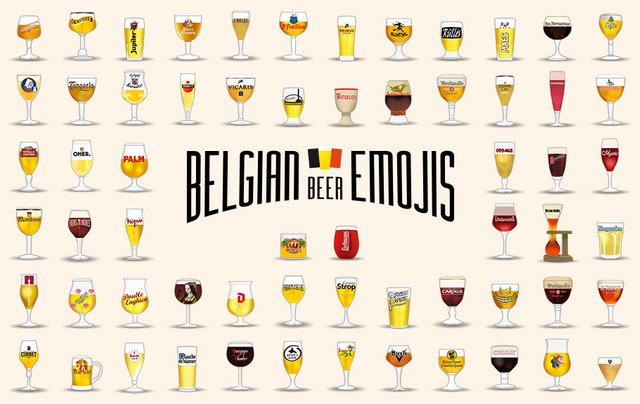
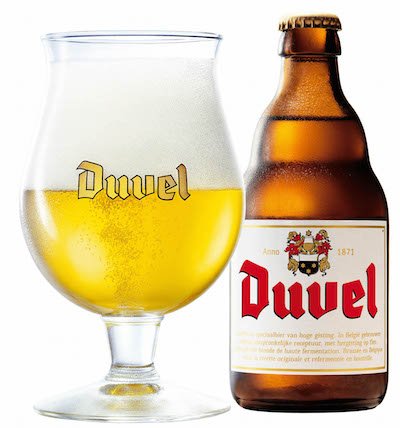
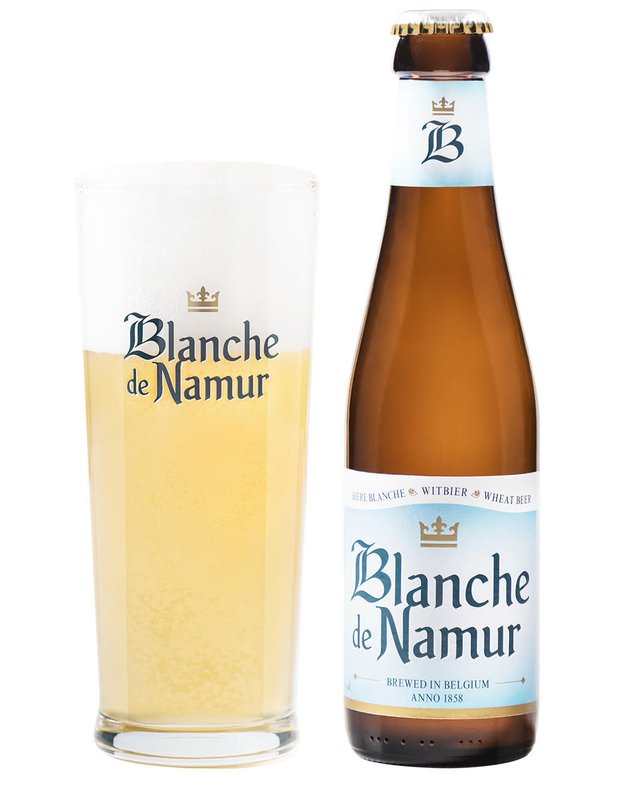


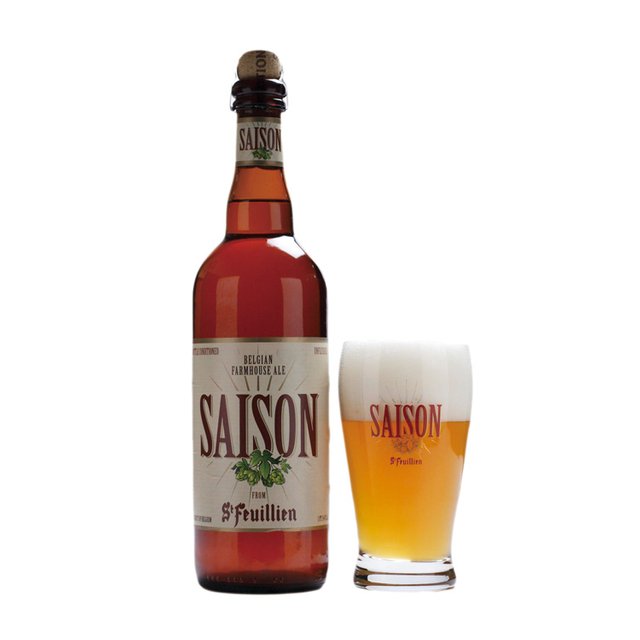
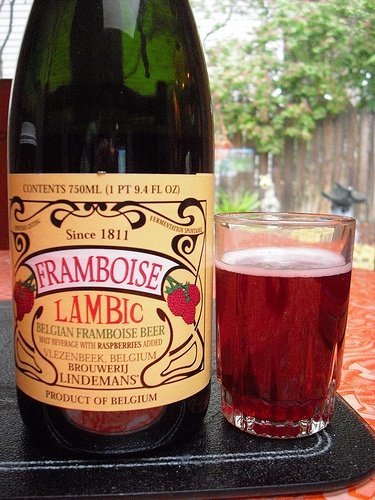
the belgium beer is very good.good post
Downvoting a post can decrease pending rewards and make it less visible. Common reasons:
Submit
its my favourite one :)
Downvoting a post can decrease pending rewards and make it less visible. Common reasons:
Submit
i believe you.and it taste better when you drink it in Belgium then in another country.
Downvoting a post can decrease pending rewards and make it less visible. Common reasons:
Submit
Congratulations @foodosaur! You have completed some achievement on Steemit and have been rewarded with new badge(s) :
Click on any badge to view your own Board of Honor on SteemitBoard.
For more information about SteemitBoard, click here
If you no longer want to receive notifications, reply to this comment with the word
STOPDownvoting a post can decrease pending rewards and make it less visible. Common reasons:
Submit